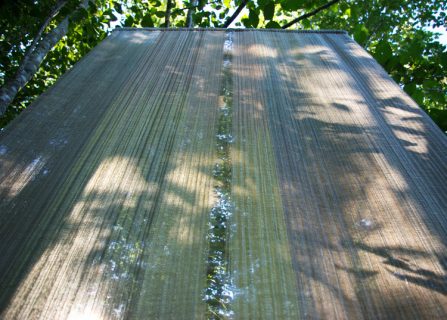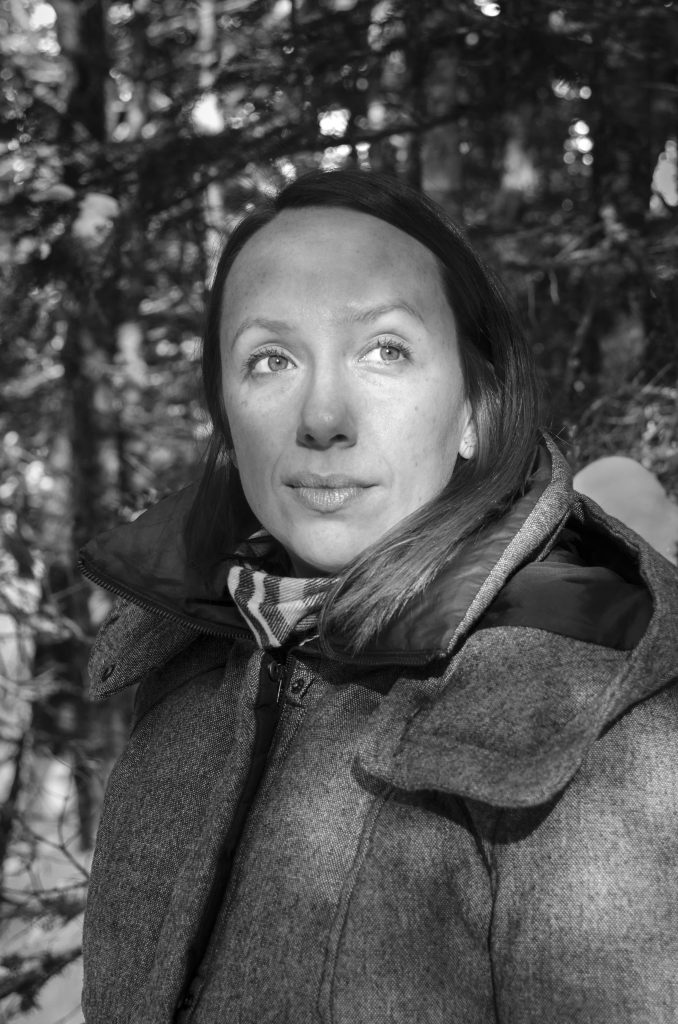“The drum is the voice of the landscape from which it came— experienced in relationship to its surroundings and in a constant process of transformation. The same could be said of water. Water is constantly transforming, responding, listening, sounding. Water is the connective tissue of our planet, and, like rhythm, it requires constant cooperation.” Lindsay Dobbin, “Water Music” (2015-ongoing), http://www.lindsaydobbin.com/water-drumming/
CULT 3016 Poetry as Social Practice Fall 2018
Prof. Karin Cope
Contact: kcope@nscad.ca or karin.cope@gmail.com

Karin Cope also teaches:
CULT 3601 Art Action and Environment Fall 2018
Meets: Mondays 1300h-1600h Classroom: G219, Fountain Campus, Halifax. Contact: kcope@nscad.ca or karin.cope@gmail.com
Course Description: Centered on the notion of arts-based “fieldwork,” this research/creation course is designed as a critical engagement with contemporary environmentally-focused social practice, land-based, and activist art on the one hand, and the rapidly expanding fields of ecological criticism, feminist materialism and environmental justice, on the other. What is the history of the notion of “ecology”? What about the “Anthropocene,” the “more-than-human” sphere, or “geologic time”? When we speak of the arts and culture as “sustainable” undertakings are we right? (Sustainable for whom? When? Where?) How might we measure our carbon footprint(s), or think through our relations to water? What is “plant-thinking”? Why should thinking about race, class, gender and poverty be at the center of contemporary reflections on the environment?

